2004 Chevrolet Suburban 1500 Brake Rotors and Pads
Click here to search another vehicle
All Rotors:
OEM x
Coated x
Drilled, Slotted and Coated x
Front x
Rear x
All Pads:
Ceramic x
Semi-metallic x
Front x
Rear x
Found 16 record
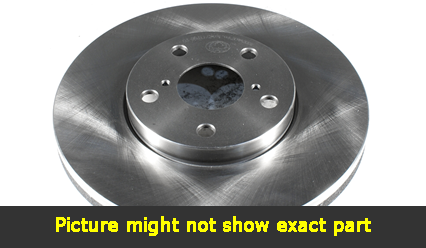
Part No: BR55054
Raybestos: 56825
OE: 18060214
Raybestos: 56825
OE: 18060214
$40.25 each
Per Car QTY: 2
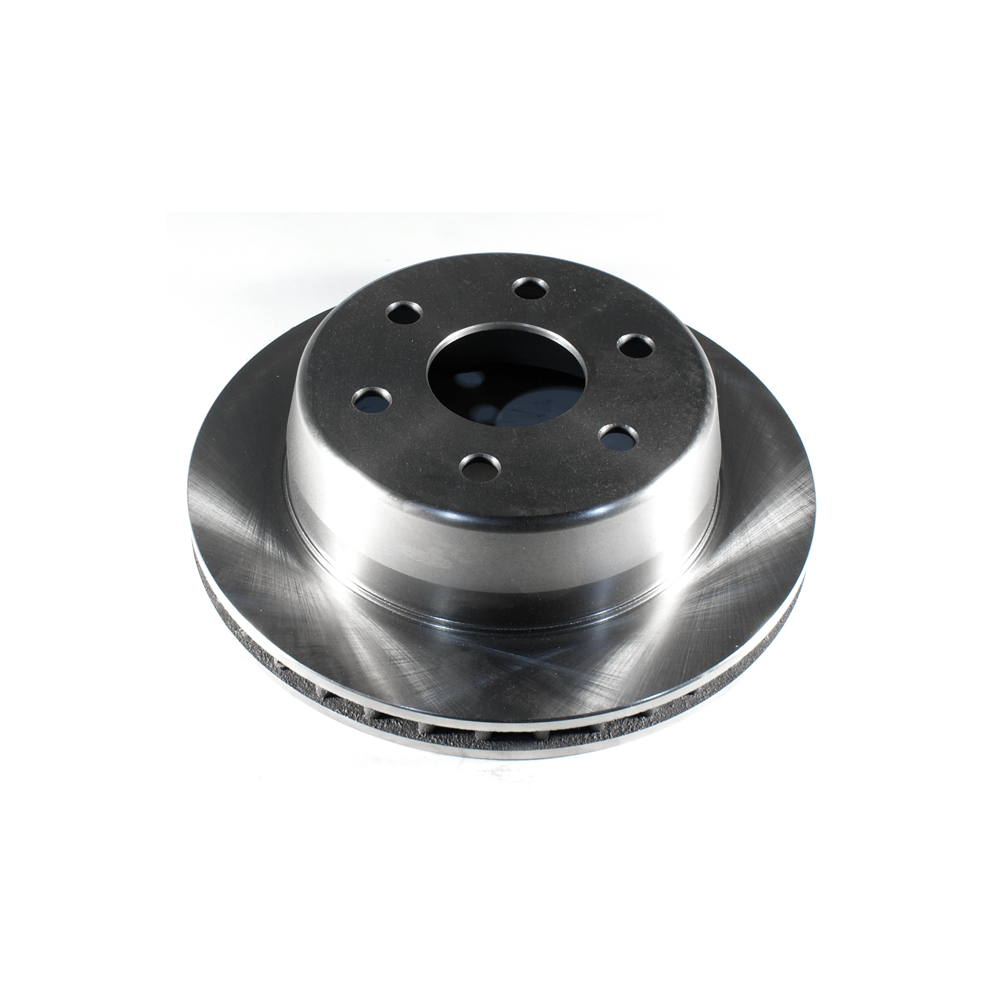
Part No: BR55084
Raybestos: 580165
OE: 25757802
Raybestos: 580165
OE: 25757802
$49.18 each
Per Car QTY: 2
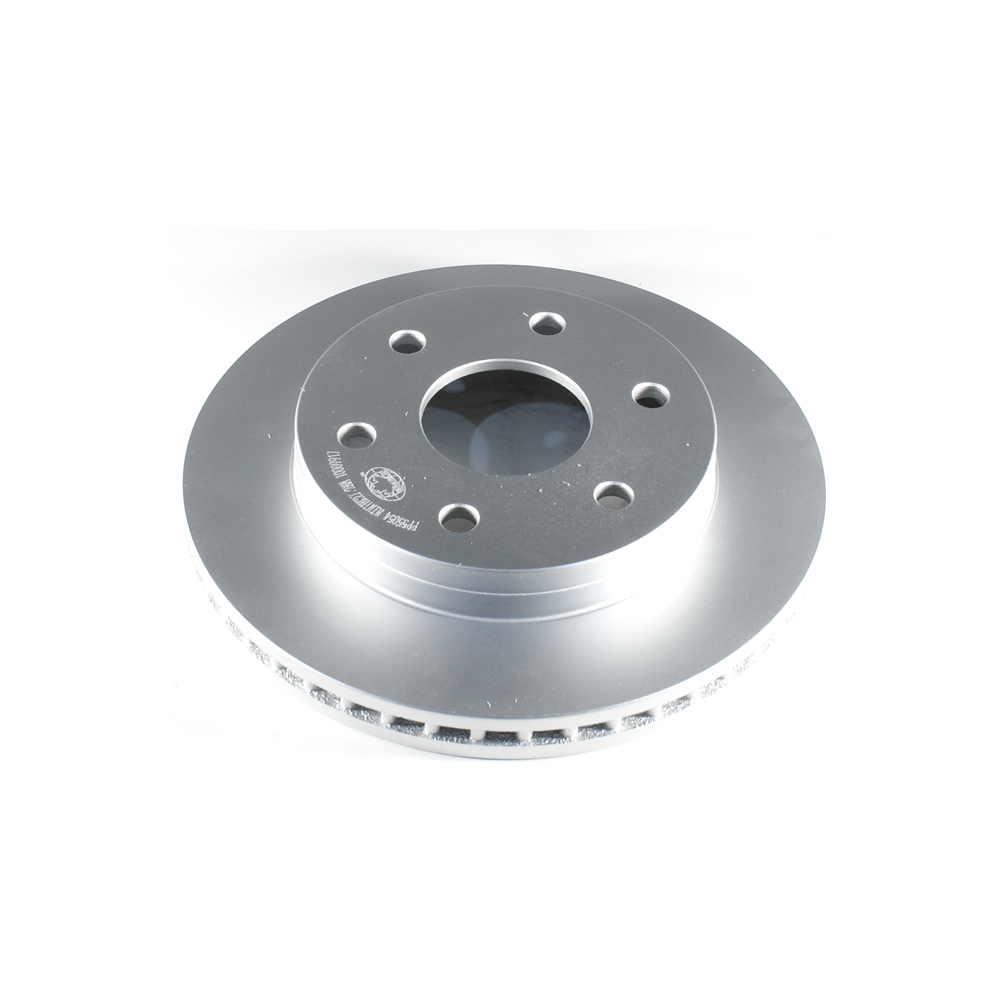
Part No: PP55054
Raybestos: 56825
OE: 18060214
Raybestos: 56825
OE: 18060214
$57.11 each
Per Car QTY: 2
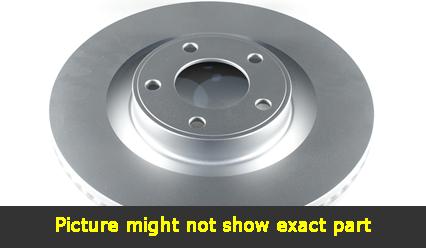
Part No: PP55084
Raybestos: 580165
OE: 25757802
Raybestos: 580165
OE: 25757802
$66.1 each
Per Car QTY: 2

Part No: UP55054L
Raybestos: 56825L
OE: 18060214
Raybestos: 56825L
OE: 18060214
$89.59 each
Per Car QTY: 1

Part No: UP55054R
Raybestos: 56825R
OE: 18060214
Raybestos: 56825R
OE: 18060214
$89.59 each
Per Car QTY: 1

Part No: UP55084L
Raybestos: 580165L
OE: 25757802
Raybestos: 580165L
OE: 25757802
$104.71 each
Per Car QTY: 1

Part No: UP55084R
Raybestos: 580165R
OE: 25757802
Raybestos: 580165R
OE: 25757802
$104.71 each
Per Car QTY: 1

Part No: PD785C
Raybestos: 785
OE:
Raybestos: 785
OE:
$35.24 each
Per Car QTY: 1
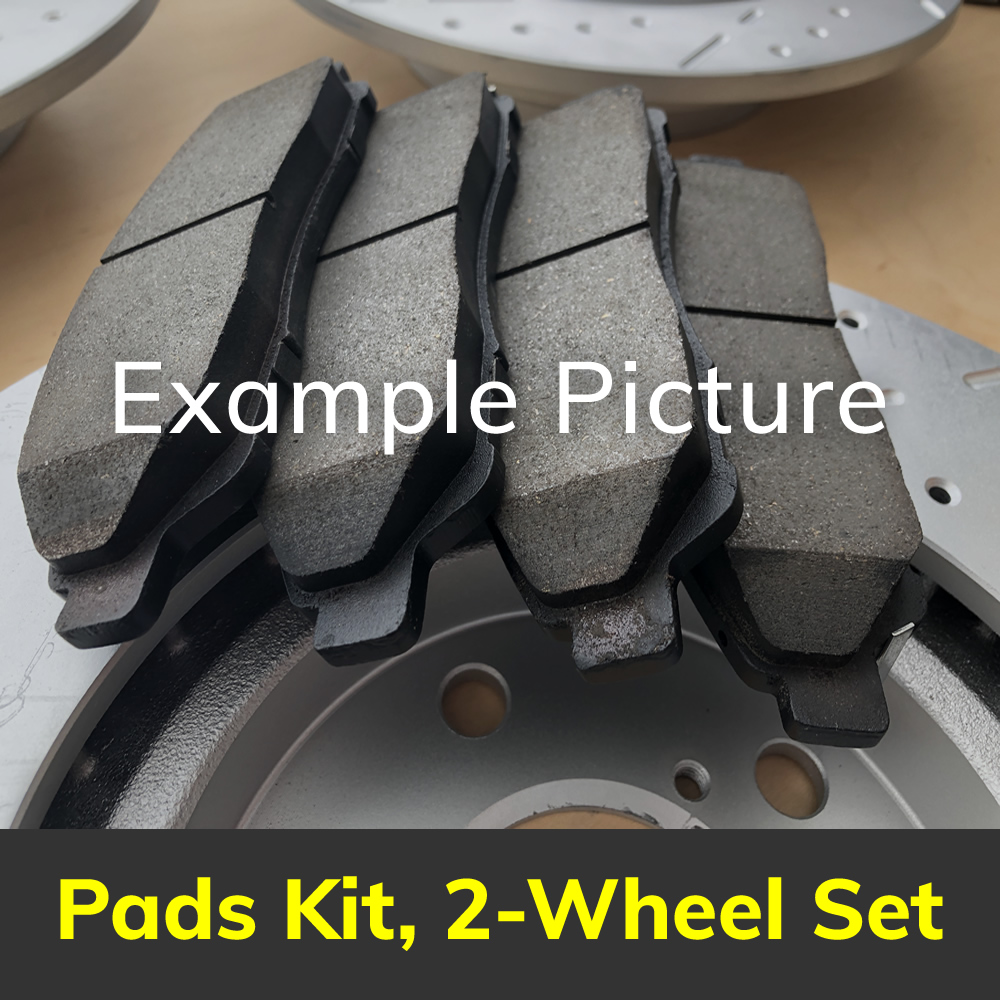
Part No: PD834C
Raybestos: 834
OE:
Raybestos: 834
OE:
$40.64 each
Per Car QTY: 1
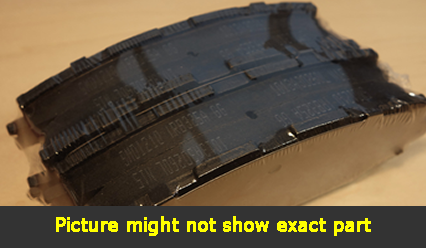
Part No: SMD785
Raybestos:
OE:
Raybestos:
OE:
$26.32 each
Per Car QTY: 1
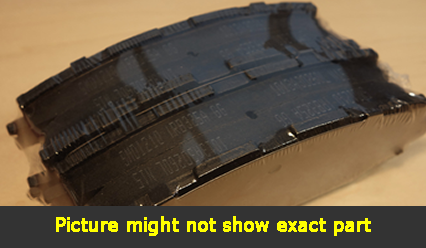
Part No: SMD834
Raybestos:
OE:
Raybestos:
OE:
$25.81 each
Per Car QTY: 1
Choosing the right brakes for your 2004 Chevrolet Suburban 1500 is essential to ensure optimal performance and safety. Brakes play a crucial role in stopping your vehicle, so it's essential to select the right ones that suit your driving style, road conditions, and budget. Here are a few vital factors to consider when choosing brakes for your Suburban 1500:
1. Brake Types:
The two main brake types available are disc brakes and drum brakes. The 2004 Chevrolet Suburban 1500 typically comes equipped with disc brakes on the front wheels and drum brakes on the rear. It is highly recommended to maintain the original brake types unless you have specific driving requirements or want to upgrade.
2. OEM vs. Aftermarket:
OEM (Original Equipment Manufacturer) brakes are those produced by the vehicle manufacturer. They are designed and engineered to meet the specifications of your Suburban 1500. OEM brakes provide a direct fit, ensuring optimal performance and compatibility. Consider OEM brakes if you are looking for reliable and hassle-free replacements.
Alternatively, aftermarket brakes are produced by third-party manufacturers. They offer a wider range of options in terms of performance, price, and materials. Aftermarket brakes can be a good choice for those seeking better performance, durability, or a specific driving experience.
3. Driving Style and Conditions:
Before choosing brakes, it is crucial to understand your driving style and typical road conditions. If you primarily drive in city traffic, regular OEM or aftermarket brake pads will generally be enough. However, if you frequently tow heavy loads, drive on mountainous or hilly terrain, or engage in aggressive driving, you may want to consider high-performance or heavy-duty brake pads. These pads dissipate heat better and have enhanced stopping power.
4. Brake Pad Material:
The brake pad material greatly affects braking performance, longevity, and noise levels. Common brake pad materials include organic, semi-metallic, ceramic, and low-metallic.
- Organic brake pads are made of non-metallic materials and are suitable for daily city driving. They are affordable and produce less noise. However, they may wear out faster and create more brake dust.
- Semi-metallic brake pads are a popular choice due to their good performance in various conditions, including towing and heavy usage. They deliver excellent stopping power and durability but may create more noise and dust.
- Ceramic brake pads are often considered the premium option. They offer excellent performance, reduced noise levels, less dust, and longer lifespan. However, they are generally more expensive.
- Low-metallic brake pads are a compromise between organic and semi-metallic pads. They provide better performance than organic pads while generating less noise and brake dust than their semi-metallic counterparts.
5. Budget and Value:
While budget is an important consideration, it is crucial not to compromise safety for cost savings. Opting for cheaper, lower-quality brakes can lead to reduced stopping power, longer braking distances, increased wear, and reduced durability. Strike a balance between quality and budget to ensure your safety and satisfaction with the brakes' performance.
Conclusion:
Choosing the right brakes for your 2004 Chevrolet Suburban 1500 involves considering factors such as brake types, OEM or aftermarket options, driving style, road conditions, brake pad materials, and budget. Take the time to research and consult with automotive experts or trusted mechanics to make an informed decision. Prioritizing safety by selecting reliable and suitable brakes will ensure a smooth and secure driving experience.
1. Brake Types:
The two main brake types available are disc brakes and drum brakes. The 2004 Chevrolet Suburban 1500 typically comes equipped with disc brakes on the front wheels and drum brakes on the rear. It is highly recommended to maintain the original brake types unless you have specific driving requirements or want to upgrade.
2. OEM vs. Aftermarket:
OEM (Original Equipment Manufacturer) brakes are those produced by the vehicle manufacturer. They are designed and engineered to meet the specifications of your Suburban 1500. OEM brakes provide a direct fit, ensuring optimal performance and compatibility. Consider OEM brakes if you are looking for reliable and hassle-free replacements.
Alternatively, aftermarket brakes are produced by third-party manufacturers. They offer a wider range of options in terms of performance, price, and materials. Aftermarket brakes can be a good choice for those seeking better performance, durability, or a specific driving experience.
3. Driving Style and Conditions:
Before choosing brakes, it is crucial to understand your driving style and typical road conditions. If you primarily drive in city traffic, regular OEM or aftermarket brake pads will generally be enough. However, if you frequently tow heavy loads, drive on mountainous or hilly terrain, or engage in aggressive driving, you may want to consider high-performance or heavy-duty brake pads. These pads dissipate heat better and have enhanced stopping power.
4. Brake Pad Material:
The brake pad material greatly affects braking performance, longevity, and noise levels. Common brake pad materials include organic, semi-metallic, ceramic, and low-metallic.
- Organic brake pads are made of non-metallic materials and are suitable for daily city driving. They are affordable and produce less noise. However, they may wear out faster and create more brake dust.
- Semi-metallic brake pads are a popular choice due to their good performance in various conditions, including towing and heavy usage. They deliver excellent stopping power and durability but may create more noise and dust.
- Ceramic brake pads are often considered the premium option. They offer excellent performance, reduced noise levels, less dust, and longer lifespan. However, they are generally more expensive.
- Low-metallic brake pads are a compromise between organic and semi-metallic pads. They provide better performance than organic pads while generating less noise and brake dust than their semi-metallic counterparts.
5. Budget and Value:
While budget is an important consideration, it is crucial not to compromise safety for cost savings. Opting for cheaper, lower-quality brakes can lead to reduced stopping power, longer braking distances, increased wear, and reduced durability. Strike a balance between quality and budget to ensure your safety and satisfaction with the brakes' performance.
Conclusion:
Choosing the right brakes for your 2004 Chevrolet Suburban 1500 involves considering factors such as brake types, OEM or aftermarket options, driving style, road conditions, brake pad materials, and budget. Take the time to research and consult with automotive experts or trusted mechanics to make an informed decision. Prioritizing safety by selecting reliable and suitable brakes will ensure a smooth and secure driving experience.


